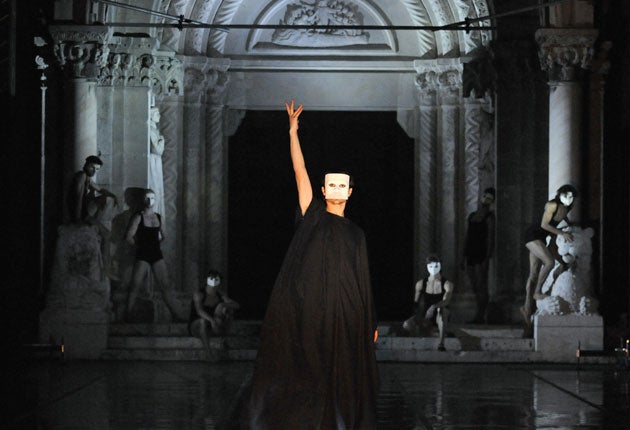Drama, Dance and Performing Arts

What courses? Dance; drama; performing arts; performance; theatre; acting; musical theatre.
What do you come out with? A BA
Why do it? "Studying Drama or Theatre at university is a challenging blend of creativity and intellectual adventure. One minute, you’ll be working 24/7 on making performances and the next you’ll be exploring ideas about history, politics, society and what makes human beings do what they do. Along the way you’ll develop a rich repertoire of skills in communication, collaboration and innovative thinking which will prepare you for all kinds of rewarding work." - Nicholas Ridout, reader in theatre and performance studies, Queen Mary, University of London
Click here to read about what it's like to study Theatre Studies
What's it about? You won't be taught how to act, on the whole. For that you need acting school. Some courses are much more practical than others, but you’re likely to study some of the greats in acting, playwriting and directing as well as developing your own art. Lancaster's theatre studies degree is practical, but grounded in theory. Students can't just be in a play; they have to relate their acting to a cultural investigation. At Warwick, students are introduced to modern theatre practice and develop their responses to modern theatre performance with heavy dollops of history and critical theory – lots of Brecht and Stanislavsky. At Exeter, students are steeped in the practice of drama. They learn about production and stagecraft and specialise in acting, directing or writing plays, whichever is their strength. At Surrey, the degree in dance and culture entails studying other cultures and learning about modern dance, choreography, dance history and dance policy and management. Hull's Dance course combines academic study with physical performance work. The students learn to come to terms with a strong physical sense of their self.
Study options: Three years full-time for nearly every course. If studying alongside a language you’ll probably be spending a year abroad.
What will I need to do it? That all depends on the theory/practice balance of your course. For theatre and performance studies at Warwick you’ll need AAB at A-level, to include theatre studies, history or English, whereas acting at Central Saint Martins only asks for 80 UCAS points (two Es at A-level) but has a rigorous, three-tier audtion/interview process. Most practical courses ask for a mixture between formal qualifications and experiential learning. All dance courses will require auditions.
What are my job prospects? Pulling pints and picking up phones - it’s an incredibly competitive business, where jobs can be infrequent and unreliable, so all jokes aside, you’re likely to have to supplement some of your art with part-time work, in the early days at least. For those not chasing their dreams on stage and screen, a high percentage go into media, arts management, community arts or advertising. According to The Times’ Good University Guide 2012, 34 per cent of graduates go straight into graduate-level jobs, earning an average salary of around £14,500.
Where’s best to do it? Warwick topped this year’s Complete University Guide, followed by King’s College and Queen Mary. Students at Plymouth St Mark and St John (Marjon) were most satisfied with their course . Gloucestershire, East Anglia and Loughborough also did well for happy students.
Join our commenting forum
Join thought-provoking conversations, follow other Independent readers and see their replies
Comments
Bookmark popover
Removed from bookmarks